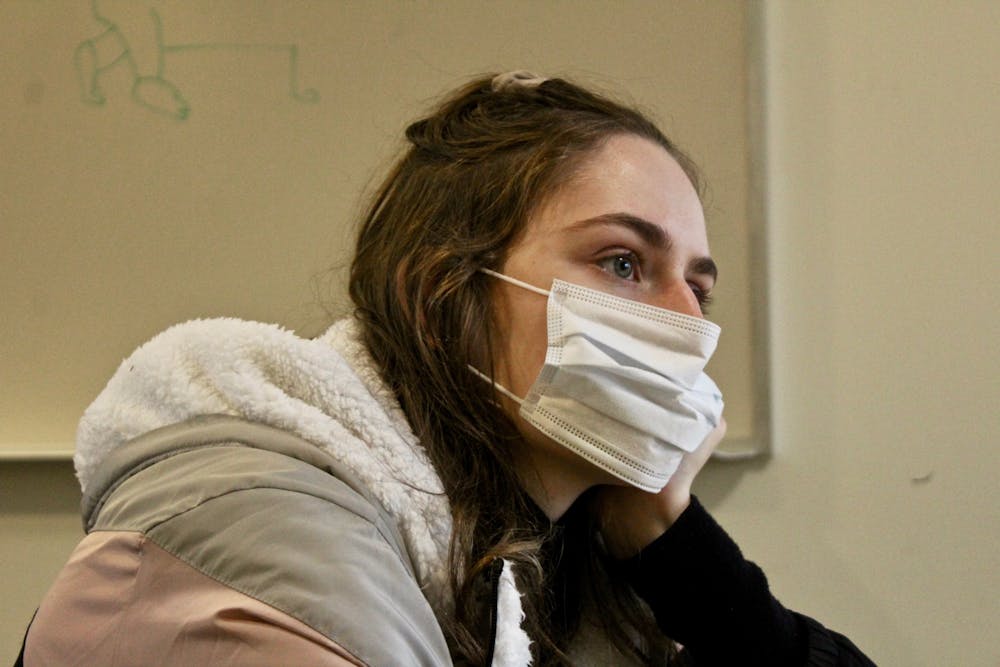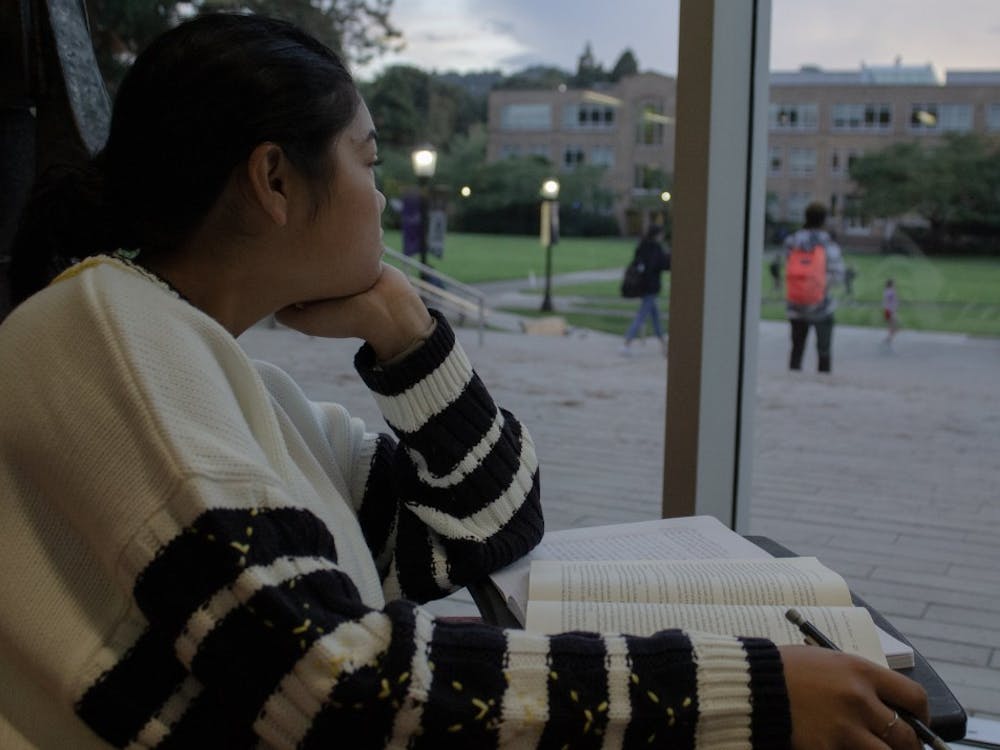The fast-spreading coronavirus has caused worldwide concern, but University of Portland students should not be worried, according to UP Nurse Practitioner Kaylin Soldat.
The fact that it is cold and flu season poses more of a risk according to Soldat. Despite this, the Health and Counseling Center will be doing precautionary screenings in response to the concern the virus has caused.
“I don’t think there’s any need to panic, although I empathize with students who are concerned,” Soldat said. “We have no cases in Oregon at this point. And we are taking so many precautions … We are staying on top of all the information.”
Incoming patients at the Health and Counseling Center will be screened with a list of questions for symptoms of the virus: Where the patient has traveled recently, if they have been in contact with someone with the coronavirus, and if they are experiencing any of the common symptoms of the virus. These symptoms include coughing, fever and trouble breathing, according to Soldat.
It is also advised that if students are showing severe symptoms, like a cough or fever, they should wear a surgical mask. Patients coming into the Health Center will be asked to wear a mask if necessary. Although this is a new policy put in place because of the coronavirus, it is really intended to prevent the spread of more common illnesses like influenza, which has proven to be more deadly than the coronavirus according to USA today.
Flu shots are still available in the Health Center. They are free to those with insurance provided by the university. Otherwise, they are $20, or students can get the vaccine at their local pharmacy Soldat said. It is also important to remember that everyone can do their part to prevent the spread of illness by washing their hands regularly, covering their mouth or nose when sneezing or coughing and staying home if they don’t feel well.
“It is flu season,” Soldat said. “We are seeing a lot of flu in Oregon. Just being mindful of staying home when you’re sick, especially if you do have a fever, could help in these communal living situations.”
UP is determined to stay updated on the virus even though it is not a threat at this time. Soldat participated in a nationwide webinar hosted by the CDC giving the most recent updates on this strain of the virus. This webinar included all of the experts in charge of the investigation being done by the CDC, according to Soldat. UP will continue to get updates from the CDC.
“Overall, it was very reassuring,” Soldat said. “One rumor that I had heard was that there could be transmission through people who do not have symptoms. They said there is no evidence that people who do not have symptoms can transmit the virus.”
There are several different strains of the coronavirus that circulate regularly, Soldat said. This strain of the virus is new and has been given the name novel (new) coronavirus. It most commonly causes cold and flu symptoms, and is transmitted through respiratory droplets including coughs and sneezes.
To be exposed to the virus, you must be within six feet of someone with the virus for at least 10 minutes, according to Soldat.
The World Health Organization (WHO) recently declared a global health emergency in the wake of the rapidly spreading novel virus that originated in Wuhan China. As of now, the number of confirmed cases is over 75,000 according to WHO.
All study abroad programs to China for this spring and summer were canceled according to Director of Study Abroad Kallan Picha. These cancellations only affected one student who was studying abroad through the Institute for the International Education of Students (IES), a third-party study abroad organization. This student was moved to a different program in New Zealand, Picha said. At this time there are no reports that the coronavirus has caused significant issues for other students studying abroad.
Although students are unlikely to come in contact with the coronavirus, the common cold and the flu continue to spread regularly. The Health and Counseling Center offers what are called “triage phone calls” with a nurse to diagnose sickness over the phone if cold or flu symptoms become concerning.
Director of the Health Center Carol Dell’Oliver recommends that students exhibiting symptoms call their health care provider or the Health Center as soon as possible to assess whether they need further care.
UP offers multiple options for after-hours health care. The ProvRN nurse advice line (503-574-9606) is available 24 hours a day seven days a week. Students can also video chat with a nurse practitioner from 8 a.m. to midnight. This service is also provided all week.
“I would like to encourage students, if they have questions or concerns, to feel free to call us,” Soldat said. “That’s why we’re here. Even if they’re not having symptoms, if they’re just concerned and they want to talk to someone and learn more, we are happy to have those conversations with them.”
Austin De Dios is a reporter for The Beacon. He can be reached at dedios22@up.edu.









